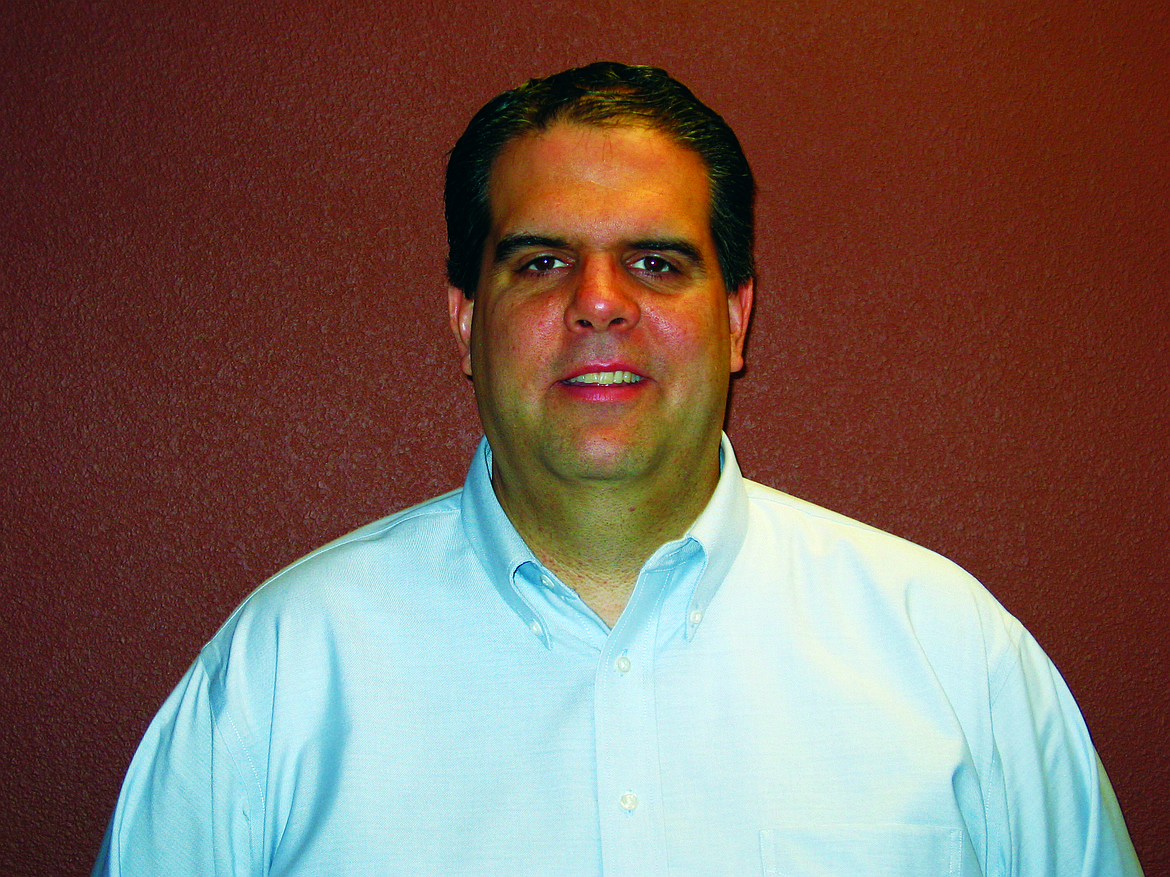ADVERTISING: Advertorial — Cyberchondria: Do you have it?
It’s a busy day at work or at home with the kids and your eye begins to twitch uncontrollably. So, what’s the first thing we do? We Google it. We find a wide range of causes; stress, tiredness, too much caffeine, all of which put your mind at ease at first. But of course we can’t stop there. We keep reading and soon find out eye twitches could be a symptom of something much more harmful, causing you to panic.
So the rest of your day is ruined as you scroll through web page after web page reading frightening stories convincing you you’re seriously ill.
Unfortunately, with the way we use technology and all of this information that is right at our fingertips, this isn’t an uncommon scenario. When we have an unusual symptom, the first place we turn is to Google, or “Dr. Google.”
My own daughter did this. When she was sixteen she came to me and said she was “dying.” I asked why and she said she had abdominal pain, so she Googled it. She said she had appendicitis or cancer. That’s what Dr. Google told her. I said “no, you just got your driver's license and you are trying out every fast food joint in a 10-mile radius. Let’s start there.” Needless to say she didn’t die.
Insert almost any symptom or disease and there’s a good chance the question has popped up on more than one Google search. And then what happens? People just start worrying about it more and more. To a point of obsessions as they google more and more which leads to anxiety. They actually have a term for it, cyberchondria. The term “cyberchondria” describes the anxiety we experience as a result of excessive web searches about symptoms or diseases.
Now it’s not an official diagnosis, but obviously it’s a play on the word “hypochondria.” It’s obsessively worrying about one’s health online.
The problem is, while Dr. Google certainly has a vast quantity of information, it lacks one thing, discernment. What I mean by this is it’s pretty easy to find a cause or diagnosis to your condition on many different webpages, but it doesn’t have the medical training to understand the other factors that go into making an accurate medical diagnosis.
But saying all of that, Dr. Google isn’t all bad. Studies have found that people who educated themselves on health topics using the internet were more likely to get better treatment. The key word is educate. There is nothing wrong with educating yourself on a certain condition after a doctor has diagnosed you. If you have something that you’re concerned enough about to Google, it’s probably something your doctor wants to know about, too.
• • •
Dr. Wayne M. Fichter Jr. is a chiropractor at Natural Spine Solutions. The business is located at 3913 Schreiber Way in Coeur d’Alene. For more information, please contact us at 208-966-4425.

